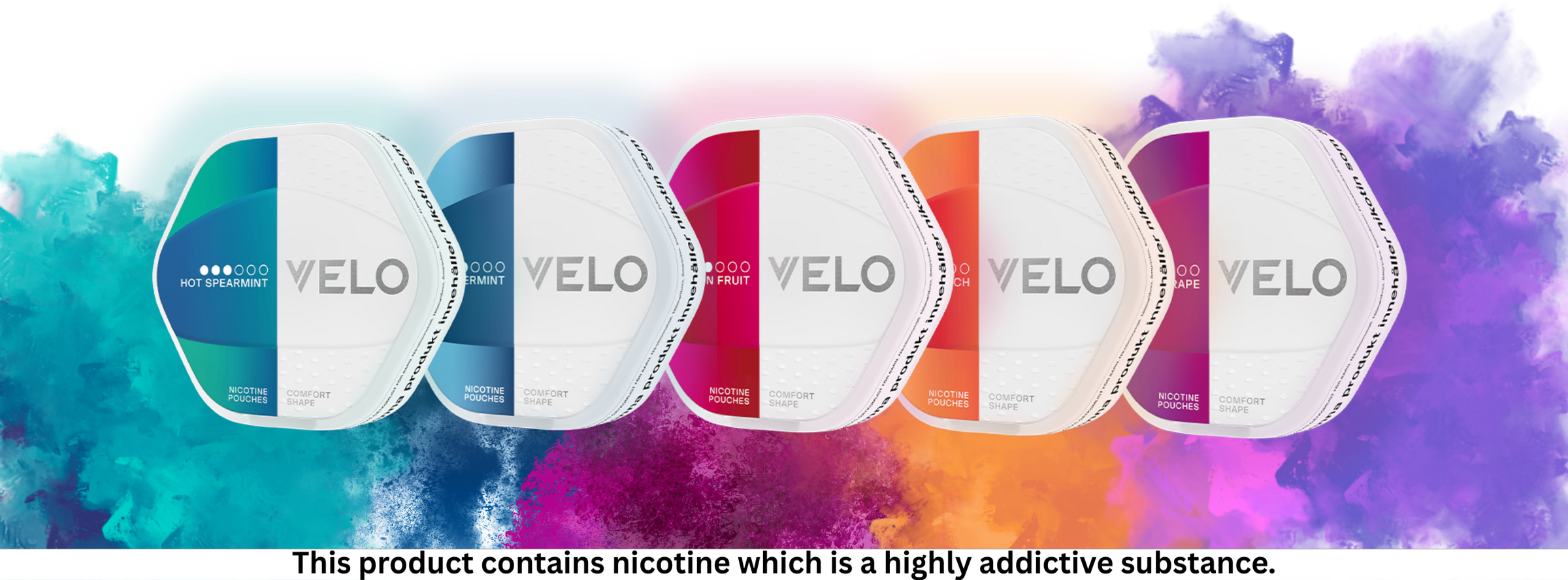The Importance of Recruitment CRM and How to Implement It

Recruitment is an essential part of any business, but it can be a challenge to maintain consistency and keep up with new talent. Recruiters are humans, after all, and so their work habits and process may change over time—and for the better. Recruitment CRM software helps companies streamline recruitment by keeping track of job applicants from submission to hire approval. Organized across company departments and teams, recruiters can easily find and apply for open roles at their company. After all, who knows better than them what roles they need help filling in the future? In this article, we’ll explore why you should have a Recruiting CRM system in your organization today and how you can implement it.
What is Recruitment CRM?
CRM, or customer relationship management software, is software that helps manage relationships between businesses and their customers. Recruitment CRM is the process of tracking the interactions between your company and candidates for certain roles. With CRM, you can collect information about how your customers interact with you and use this data to improve your service. Recruiterflow CRM software can help recruiters better manage their processes and track applicant information, giving them insights into what activities take up their time and what makes candidates happy or upset with the process. It can also help departments communicate better, ensuring they don’t overlap in their work.
Why you need recruitment CRM
When it comes to finding and hiring new talent, it’s essential to stay organized and efficient. Recruitment CRM software can help your company do just that by helping you streamline processes, increase collaboration across departments, and stay on top of open roles. Having a recruitment CRM system in place can help you recruit top talent more quickly. This is important because as your company grows, keeping up with open roles can be a challenge—especially if you want to fill in those roles quickly. CRM software can help your company stay organized and efficient. With better visibility into the activities your team is undertaking, you can eliminate some duplication of effort and find more efficient ways to work together. This means you can spend less time on tasks and more time on higher priority things.
The benefits of recruitment CRM
With a recruitment CRM system in place, your company can improve its recruiting process by tracking hiring information. This can include who is applying for roles, when they submit applications, and when their applications are submitted and marked as complete. With recruiters able to track their time more accurately, they can reduce the time it takes to cover key activities in the hiring process like screening interviews. With less time to cover these activities, recruiters can also be more thorough and careful, which shows applicants they’re serious about hiring them. Another benefit of recruitment CRM is a reduction in errors. In an industry with a high rate of human error, it’s easy for mistakes to occur. These can have a big impact on the hiring process, causing delays and impacting the overall hiring experience.
How to set up a recruitment CRM system
Before you start setting up your recruitment CRM system, it’s helpful to understand what you’re hoping to achieve with it. You should think about how your company currently manages hiring information and how it would like to transform that process if possible. When starting your recruitment CRM journey, it’s important to understand what information you need to track. – Which roles do your company candidates apply for? – Which departments do your company candidates work for? – Which activities do your company candidates perform in these roles? – Which applicants are interested in these roles? Once you’ve identified the information you need to track, you can start setting up your CRM system. You can set up your system using a cloud-based service like Zenodo or on your own server. Setting up your system using a cloud-based service helps to ensure your system is compliant with regulations and compliant with your company’s IT infrastructure.
Should you use hiring or onboarding automation too?
While a CRM system can help manage the hiring process, hiring and onboarding automation can also help. Hiring automation can help you identify and hire the best candidates faster. With onboarding automation, you can create a system that manages the onboarding process for new hires. You do this by creating a series of automated emails and processes that your new hires follow as they start at your company. Hiring automation and onboarding automation can help companies to reduce the time it takes to hire new talent. This can have a big impact on the success of your company because time is money. These tools can help you to reduce the time it takes to find and hire new employees. By automating key processes such as screening and interviewing, you can reduce the amount of time that new hires spend doing things manually.
Conclusion
With the right CRM system in place, your company can improve its hiring process, reduce errors, and find top talent faster. With a recruitment CRM system in place, your company can better manage the hiring process by tracking hiring information. This includes who is applying for roles, when they submit applications, and when their applications are submitted and marked as complete. With a recruitment CRM system in place, your company can stay organized and efficient by tracking hiring information, eliminating some duplication of effort, and finding more efficient ways to work together. With the right CRM system in place, your company can better manage the hiring process by tracking hiring information. This includes who is applying for roles, when they submit applications, and when their applications are submitted and marked as complete. With a recruitment CRM system in place, your company can stay organized and efficient by tracking hiring information, eliminating some duplication of effort, and finding more efficient ways to work together.





